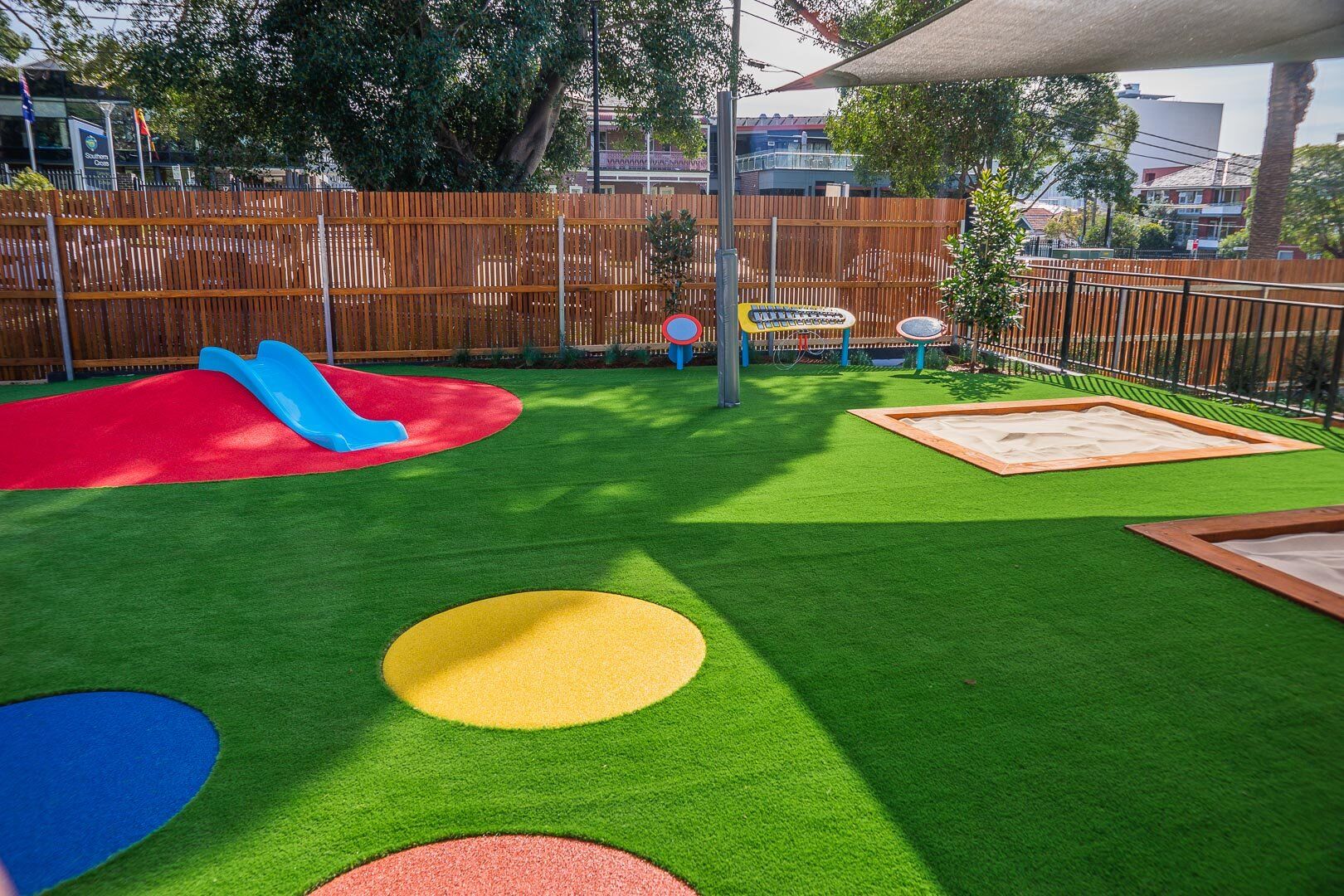How to Spot Burnout in Young Kids Before It Leads to Bigger Issues
Burnout isn’t just something adults face — it can affect children too, even at a surprisingly young age. When young kids are pushed too hard, overwhelmed by constant stimulation, or not getting the downtime they need, it can show up in subtle but serious ways. This is especially important for parents and educators to keep an eye on, whether at home or in environments like child care Burwood families trust to support early development.
What Does Burnout Look Like in Children?
Children express stress differently to adults. They may not be able to explain how they feel, but their bodies and behaviours often send clear signals. A child who’s experiencing burnout might seem moody, unusually tired, or disconnected from things they used to enjoy. You might notice more tantrums, clinginess, or even changes in sleep patterns and appetite. In some cases, physical symptoms like stomach aches or headaches show up when there’s no medical cause. These changes aren’t just phases — they can be early warning signs that your child needs more balance and support.
Understanding the Causes
Burnout in young kids doesn’t come from a single source. It’s usually the result of too many small stressors stacking up. Overscheduled routines, a lack of unstructured play, limited rest, or too much screen time can all contribute. Even transitions — like starting child care or moving house — can increase emotional pressure. Some children are more sensitive to stress than others, especially if they’re naturally anxious, shy, or dealing with change at home. Being aware of these potential triggers helps parents step in earlier and adjust their child’s environment before it becomes overwhelming.
Signs to Watch For
Spotting burnout early gives you the best chance of helping your child recover quickly. Keep an eye out for these key signs:
- Increased irritability or emotional outbursts over small issues
- Withdrawal from play or favourite activities
- Constant fatigue or difficulty falling asleep
- Clinginess or separation anxiety, especially in familiar settings
- Frequent complaints of feeling sick with no clear cause
- Decline in communication or sudden mood swings
If you’re noticing two or more of these changes consistently over several weeks, it’s worth taking a closer look at what might be going on behind the scenes.
How to Support a Burnt-Out Child
The first step is to create a calm, predictable environment. Kids thrive on routine and downtime — especially when they’re feeling overwhelmed. Make sure your child gets enough rest, has free time to play on their own terms, and isn’t being rushed from one activity to the next. Reduce exposure to screens during recovery periods, and encourage outdoor time or creative play instead. Check in with your child gently. Even if they can’t articulate everything, asking simple questions like “Do you feel tired today?” or “Would you like a quiet day?” helps them feel heard and supported.
When to Seek Extra Help
In most cases, burnout in young kids can be managed with rest, connection, and small lifestyle tweaks. But if their symptoms don’t improve, or if they start to withdraw completely or show signs of anxiety or depression, it’s time to reach out. A trusted GP, child psychologist, or early learning professional can help you understand what your child needs and put the right support in place. It’s also a good idea to talk with educators or carers who spend time with your child — they can offer insight into how your child behaves in other environments.
Preventing Burnout Going Forward
Once your child is feeling better, you can reduce the risk of future burnout by protecting their time and energy. Keep schedules flexible and age-appropriate. Leave room for boredom — it’s not a bad thing. It’s often in those quiet moments that kids find space to process their experiences and relax. Encourage open communication so your child feels safe coming to you when something doesn’t feel right. And stay connected to what’s happening in their day-to-day life, even when things seem fine on the surface.
Recognising burnout early in young kids can help prevent emotional and behavioural struggles later on. With the right support, children bounce back quickly — but it all starts with noticing the signs and taking action when they matter most.

